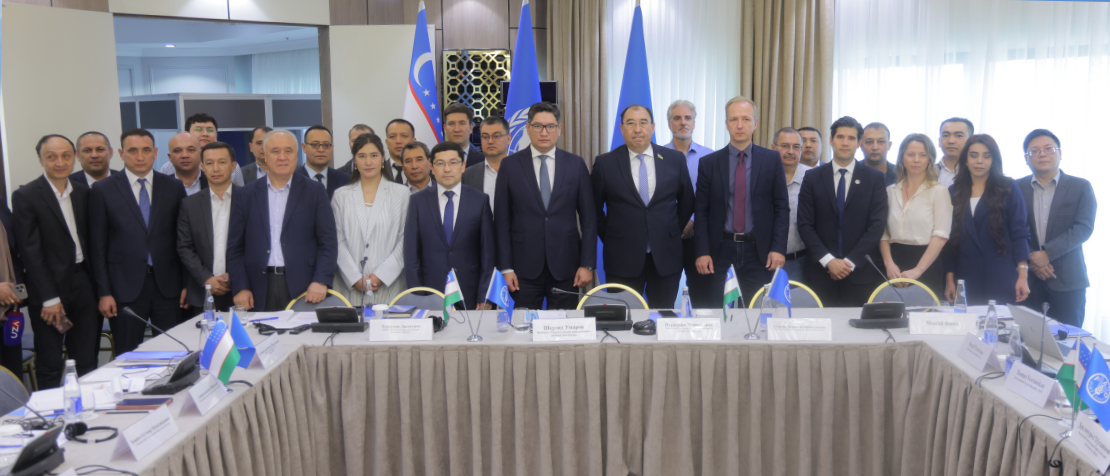FAO strengthens land governance in Uzbekistan
.png?sfvrsn=56258404_3)
©FAO/Rustam Shagaev
Land resources are a fundamental asset of agriculture in Uzbekistan, playing a vital role in the country’s food security, rural development, employment and economy.
Historically, land management in Uzbekistan largely has been directed by the state. In recent years, however, the government has taken important steps towards market-oriented agriculture by strengthening land tenure security, developing a market for land use rights and improving the system of land relations management. These steps include the development of a national strategy to improve land management and the ongoing revision of the Land Code.
In response to an official request from Uzbekistan, the Food and Agriculture Organization of the United Nations (FAO) is implementing a project to support land reforms in the country.
Organized by FAO in collaboration with the Uzbekistan Ministry of Agriculture, an inception workshop and multistakeholder consultation on the new project were held on 25 September 2025 in Tashkent, with experts and representatives of government institutions and international organizations attending.
Sherzod Umarov, Assistant FAO Representative in Uzbekistan, spoke during the opening of the workshop about the value of land reforms.
“The revision of the Land Code is not only a legal reform,” Umarov said, “but also a contribution to economic growth, improved rural livelihoods, sustainable use of land resources and the preservation of natural resources for future generations.”
“FAO bases its work on international principles of responsible land governance and is committed to supporting Uzbekistan in building a fair and effective land tenure system in collaboration with government institutions, local communities and citizens,” he added, explaining the methodology to participants.
While there already has been progress towards the development of more efficient and sustainable agriculture, the legal framework for land tenure and land administration in Uzbekistan remains highly complex and fragmented. In parts outdated and containing conflicting norms, the relevant legal acts pose a threat to land tenure security and hold back the sustainable development of agriculture and rural areas.
“Effective management of land resources in Uzbekistan is a fundamental condition for sustainable agricultural development,” said Brad Paterson, FAO Land Tenure Specialist. “By strengthening land tenure security, improving the legal framework and introducing market mechanisms, broader opportunities will be created for farmers and rural communities. FAO is pleased to support Uzbekistan in adapting international experience to the national context.”
As part of the project, through a process of mutistakeholder consultations, three policy notes on the management of agricultural land were prepared and discussed with the participants of the workshop. These notes addressed the allocation of agricultural land use rights, land tenure security and the development of a market for agricultural land use rights. The review of the Land Code and the recommendations formulated during this process are in line with good international land management practices and principles such as those found in the Voluntary Guidelines on the Responsible Governance of Tenure of Land, Fisheries and Forests in the Context of National Food Security (VGGT), including principles of gender equality, transparency, consultation and participation.
Nuriddin Kushnazarov, Advisor to the Minister of Agriculture of the Republic of Uzbekistan, noted that the future is built on the backs of these important developments and improvements.
“The reforms being carried out in our country in the field of agriculture and land relations are an important step towards national development,” Kushnazarov said. “We believe that this project, implemented in partnership with FAO, will help bring national legislation in line with international standards, harmonize the interests of the public and private sectors, and ensure sustainable land governance.”
Through mutual efforts and dedication, Uzbekistan is entering a new chapter of land governance.

©FAO/Dilfuza Tajiyeva
